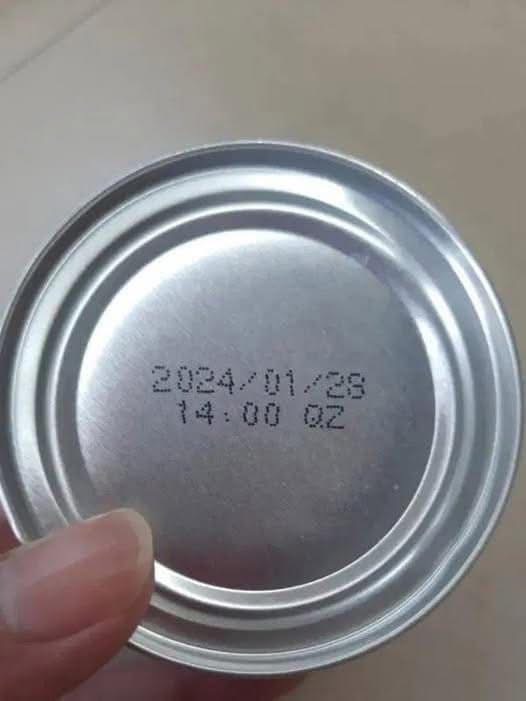Most People Get This Wrong: The Truth About ‘Best By’ and ‘Best Before’ Dates on Canned Foods
Expiration confusion often occurs among consumers because of the ‘Best By’ or ‘Best Before’ labels found on many packaged and canned products. It’s important to understand that these dates are not strict expiration dates; instead, they indicate the manufacturer’s estimate of when the product is at its peak quality and flavor.
This article explores how canned foods—such as corn, green beans, and tuna—can often be safely consumed well past their ‘Best By’ dates, provided they’ve been properly stored.
Understanding ‘Best By’ Dates
‘Best By’ dates suggest when a product is expected to taste its best. For canned foods, this means that even after the date has passed, the contents are usually safe to eat if the can is intact and stored correctly.
Canned Corn
Canned corn can remain safe to eat for up to 1–2 years beyond its ‘Best By’ date, as long as the can shows no signs of damage and is stored in a cool, dry place.
However, the quality—such as taste and texture—may gradually decline over time.
Always inspect the can before use. If it’s bulging, rusted, leaking, or dented, discard it immediately.
Canned Green Beans
Like corn, canned green beans can typically be consumed safely up to 1–2 years past the ‘Best By’ date, assuming proper storage.
While the taste and texture may not be as fresh, they usually remain safe.
Again, check for any can damage before use—if you notice swelling, rust, or leaks, it’s best to throw it away.
Canned Tuna
Canned tuna has an even longer shelf life and can remain safe for 3–5 years past the ‘Best By’ date when stored properly.
Still, it’s essential to inspect the can carefully. If there are signs of damage—or if the tuna smells off, has an unusual color, or a strange texture—do not consume it.
Storage Tips for Maximum Shelf Life
To keep your canned goods safe and long-lasting:
- Store them in a cool, dry place, away from direct sunlight and temperature changes.
- Keep cans upright to protect their seals.
- Rotate stock by placing new cans at the back and using older ones first.
- Avoid denting or dropping cans, as this can compromise their safety.
- Once opened, transfer leftovers to a sealed container and refrigerate for short-term use.
By understanding what ‘Best By’ dates really mean, you can avoid unnecessary waste while still ensuring your food is safe and enjoyable to eat.

Leave a Reply